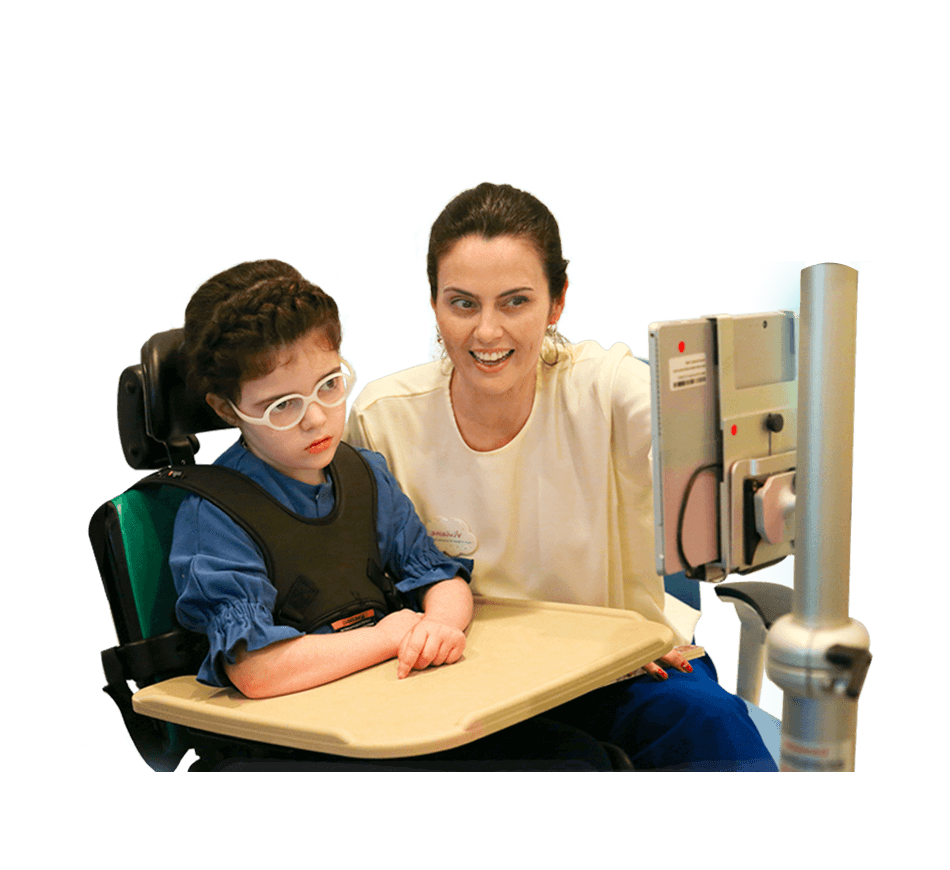
Pediatric physical therapy sessions are designed to help children improve their movement abilities, overcome challenges, and achieve their developmental milestones. As a parent or caregiver, you play a crucial role in preparing your child for these sessions to ensure they feel comfortable, motivated, and engaged throughout the therapy process. Below are some tips for preparing for children therapy Dubai sessions:
Communicate positively:
Start by talking to your child about the upcoming physical therapy sessions in a positive and reassuring manner. Focus on that the therapist is there to help them move better and feel stronger. Use age-appropriate language and provide simple explanations to help your child understand what to expect during therapy.
Set realistic expectations:
Help your child understand that progress may take time and patience. Let them know that it’s okay to feel unsure or frustrated at times but reassure them that their therapist is there to support them every step of the way. Encourage your child to focus on their efforts and celebrate small victories along the journey.
Familiarize your child with the therapist:
If possible, arrange a meet-and-greet session with the pediatric physical therapist before the first official therapy session. This allows your child to become familiar with the therapist, ask questions, and establish a sense of trust and rapport. Encourage your child to share their interests, hobbies, and any concerns they may have about therapy.
Also, help your child understand why they are attending physical therapy sessions and how it will benefit them. Use examples that are relatable to your child’s daily life, such as being able to play sports, run with friends, or climb playground equipment more easily. Highlight the positive outcomes of therapy, such as improved strength, balance, and coordination.
Address any fears or apprehensions:
If your child expresses concerns or fears about physical therapy, take the time to listen to their feelings and address any questions or worries they may have. Be honest and reassuring, and offer support and encouragement to help alleviate their anxieties. Remind your child that it’s normal to feel nervous about trying something new, but that they are capable of facing challenges and overcoming obstacles.
Also, ensure your child wears comfortable clothing and supportive shoes to their physical therapy sessions. This allows them to move freely and participate fully in therapy activities. Avoid clothing with restrictive or bulky fabrics that may impede movement or cause discomfort during therapy.





